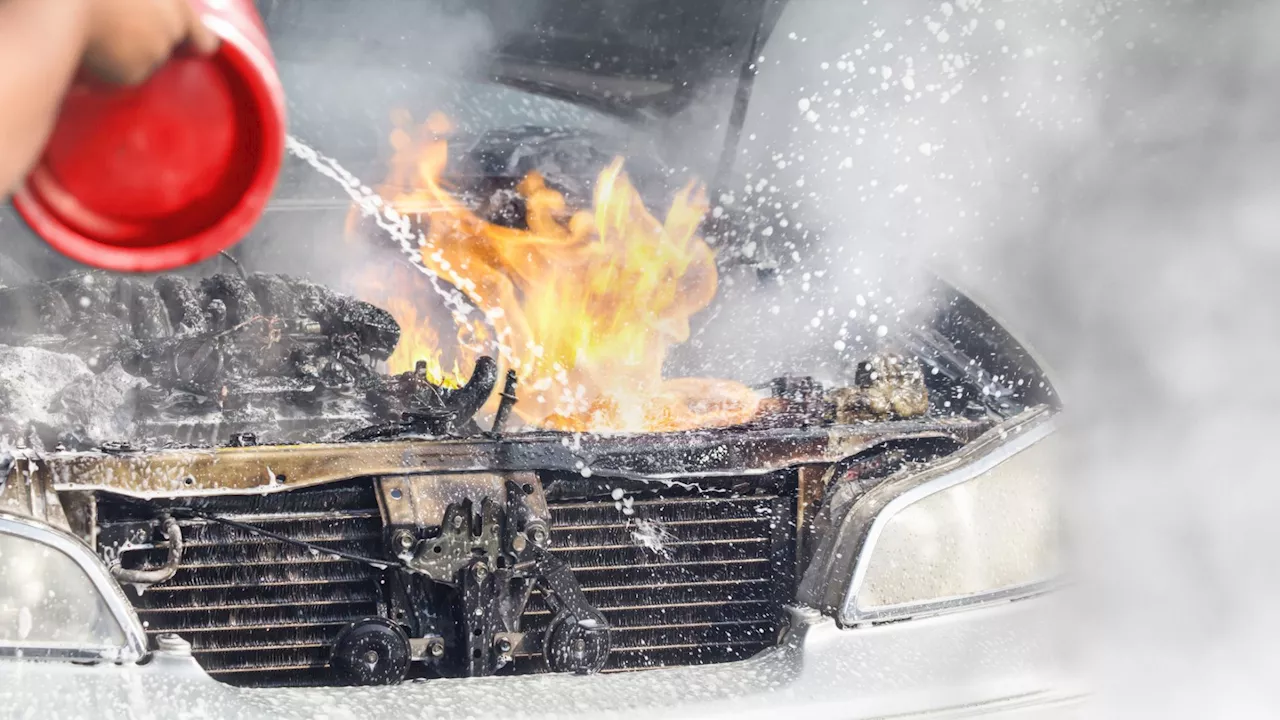As demand for grid-scale energy storage soars, alternative battery chemistries beyond lithium-ion are emerging. These batteries prioritize factors like safety and longevity over the rapid charging and compact size crucial for electric vehicles.
Batteries for electric cars need to be compact enough to fit within the chassis. They need to be energy-dense to provide enough power to accelerate quickly. They have to be able to charge rapidly to satisfy the needs of drivers, but not so heavy that they make us feel like we are driving tanks. To satisfy all those criteria, batteries for electric cars almost always rely on some form of lithium-ion chemistry.
Flow batteries are manufactured differently than lithium-ion batteries. “I would say that our manufacturing process is much more akin to… an automotive manufacturing process than to electronics manufacturing process,” Higgins said. “Essentially, it is assembling batteries that are made out of plastic tanks, pumps, fans, tubing.
“Right now, we manufacture our batteries in Thailand,” Higgins said. “The process and wages are all fair wages and we follow all relevant environmental and labor standards.” The largest sources of bromine come from the Dead Sea or within the United States. The zinc comes from Northern Europe, the United States, or Canada. The flow batteries typically undergo an annual maintenance program to replace components that wear out or fail, something that’s not possible with many other battery types.
For maintenance, CMBlu Energy recommends regular visual inspections, including checking the pumps and valves and looking for leaks. The maintenance requirements are relatively minimal. Some of the performance monitoring for leaks is automated, as is data collection on pressure and temperature. The electrolyte needs to be rejuvenated approximately every 10 years, depending on the environmental conditions of the installation.
Batteries Grid Storage Electric Vehicles Zinc-Bromine Energy Storage
United States Latest News, United States Headlines
Similar News:You can also read news stories similar to this one that we have collected from other news sources.
 New machine learning model identifies lithium-ion battery overheating, prevents fireUniversity of Arizona researchers develop a new method to predict and prevent lithium-ion battery overheating in electric vehicles.
New machine learning model identifies lithium-ion battery overheating, prevents fireUniversity of Arizona researchers develop a new method to predict and prevent lithium-ion battery overheating in electric vehicles.
Read more »
 New age electrode with densely functionalized polymeric binder for high-performance lithium and sodium-ion batteriesRising demand for electronic devices and electric vehicles has increased the dependence on secondary ion batteries. While lithium-ion batteries are already popular, a promising alternative sodium-ion batteries (SIB) are struggling to get wider acceptance due to slow ion kinetics affecting their performance.
New age electrode with densely functionalized polymeric binder for high-performance lithium and sodium-ion batteriesRising demand for electronic devices and electric vehicles has increased the dependence on secondary ion batteries. While lithium-ion batteries are already popular, a promising alternative sodium-ion batteries (SIB) are struggling to get wider acceptance due to slow ion kinetics affecting their performance.
Read more »
 Lithium-Ion batteries starting fires in NYC garbage trucksThe improper disposal of lithium-ion batteries is causing a dangerous dilemma for sanitation workers in the city, as the batteries are starting fires inside garbage trucks across the city.
Lithium-Ion batteries starting fires in NYC garbage trucksThe improper disposal of lithium-ion batteries is causing a dangerous dilemma for sanitation workers in the city, as the batteries are starting fires inside garbage trucks across the city.
Read more »
 Lithium-ion batteries involved in third-alarm fire at Sunnking in BrockportBrockport, N.Y. — Multiple fire crews from Monroe and Orleans Counties responded to a third-alarm fire in Brockport near Route 31 Monday evening.Around 5:40 p.m
Lithium-ion batteries involved in third-alarm fire at Sunnking in BrockportBrockport, N.Y. — Multiple fire crews from Monroe and Orleans Counties responded to a third-alarm fire in Brockport near Route 31 Monday evening.Around 5:40 p.m
Read more »
 FDNY once again sounds alarm on lithium-ion battery fires in NYCOfficials are once again raising the alarm after a string of fires sparked by lithium-ion batteries in New York City.
FDNY once again sounds alarm on lithium-ion battery fires in NYCOfficials are once again raising the alarm after a string of fires sparked by lithium-ion batteries in New York City.
Read more »
 Massive fires in Brooklyn & Queens caused by lithium-ion batteries, FDNY rulesA Brooklyn house fire that injured nine people and a Queens barge fire this week were sparked by lithium-ion batteries, FDNY said.
Massive fires in Brooklyn & Queens caused by lithium-ion batteries, FDNY rulesA Brooklyn house fire that injured nine people and a Queens barge fire this week were sparked by lithium-ion batteries, FDNY said.
Read more »
